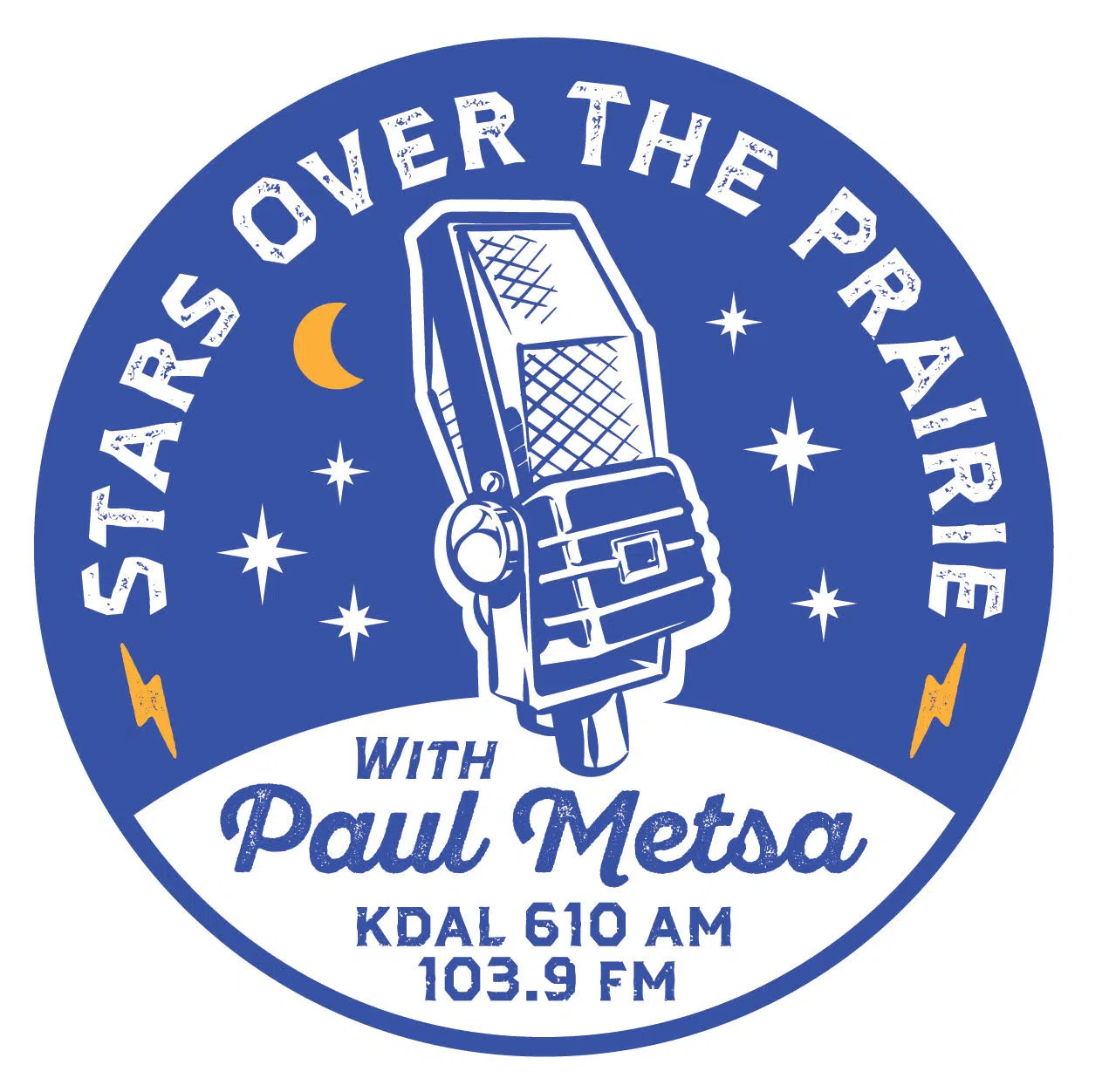(Reuters) – The euro zone economic recovery has unexpectedly gathered pace this month as the bloc’s dominant services industry saw already buoyant demand rise, more than offsetting a deepening downturn in manufacturing, surveys showed.
HCOB’s flash Composite Purchasing Managers’ Index (PMI), compiled by S&P Global and seen as a good gauge of overall economic health, jumped to an 11-month high of 54.4 in April from March’s 53.7, data showed on Friday.
That was well above the 50 mark separating growth from contraction and matched the highest forecast in a Reuters poll which had predicted no change from March.
“The HCOB Purchasing Managers’ Indices for the euro zone show a very friendly overall picture of an economy that continues to recover,” Cyrus de la Rubia, chief economist at Hamburg Commercial Bank.
“However, a closer look reveals that growth is very unevenly distributed. For example, the gap between the partly booming services sector on the one hand and the weakening manufacturing sector on the other has widened further.”
To meet rising demand firms increased headcount at the fastest pace since last May. The employment index bounced to 54.7 in April from 53.3.
A PMI covering the services industry soared to 56.6 this month from 55.0, confounding expectations in the Reuters poll for a decline to 54.5.
Despite high living costs in the region, demand for services improved as consumers continued to spend. The new business index rose to a one-year high of 55.8 from 54.2.
But it was a different story for the bloc’s manufacturers who saw demand decline faster. The sector’s headline PMI fell to 45.5 from 47.3, its lowest since the coronavirus pandemic was cementing its grip on the world three years ago.
An index measuring output, which feeds into the composite PMI and had spent two months in positive territory, fell to 48.5 from 50.4.
Still, further improvements to supply chains meant the cost of raw materials fell at the sharpest pace in almost three years, so factories only marginally increased their charges. The output prices index dropped to 51.8 from 53.4, its lowest since late-2020.
That will likely be welcomed by policymakers at the European Central Bank who have struggled to get inflation anywhere near their 2% target.
The ECB is expected to raise rates for a seventh straight meeting on May 4, with policymakers converging on a 25-basis-point hike even if a larger move is not yet off the table, sources with direct knowledge of the discussions have told Reuters.
(Reporting by Jonathan Cable; Editing by Hugh Lawson)


